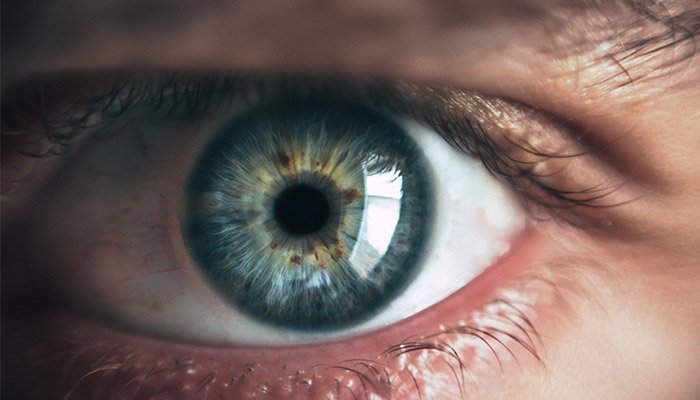Eyes Flashes Of Light At Night - Have you ever experienced strange flashes of light in your eyes at night? Are you curious about why red flashlights are used for astronomy? Do you want to know about low-light cameras for your phone? Look no further! Our team has compiled some helpful tips and ideas to address these questions and more.
Low-Light Cameras: Enhancing Your Night Vision
What Are Low-Light Cameras?
Low-light cameras are designed to help you take photos in low-light or dark environments. They are becoming increasingly popular among smartphone users and can be very helpful during outdoor activities at night. The latest smartphones are equipped with advanced sensors that can capture clear images in poor light conditions.
How Do You Use Low-Light Cameras?
Using a low-light camera is simple. Just launch the camera app on your smartphone and select the low-light camera mode. This will enable your camera to capture more light and produce clearer images in darker environments. You can also experiment with different camera settings to achieve the best results for your specific situation.
What Are the Benefits of Using Low-Light Cameras?
The main benefit of using a low-light camera is that it allows you to take pictures in the dark. You can capture beautiful night-time landscapes, starry skies, and stunning cityscapes with ease. Low-light cameras can also help you capture candid moments during social events or parties.
Why Red Flashlights Are Used for Astronomy

What Is Night Vision?
Night vision is the ability to see in the dark or in low-light conditions. This is achieved through the use of special equipment such as night-vision goggles, scopes, and cameras. The human eye also has some capability for night vision, but it is limited compared to the technology available today.
How Do Red Flashlights Help Preserve Night Vision?
Red light has the lowest frequency of any visible color, which means it takes the least amount of energy to see. Red light also has a longer wavelength than blue or green light, which makes it less likely to scatter in the atmosphere. These properties make red light ideal for preserving night vision.
What Are the Benefits of Preserving Night Vision?
Preserving night vision is crucial for people working in low-light environments, such as pilots, military personnel, and astronomers. When your eyes are adjusted to the dark, you can see more details and perceive more colors than if you shine a bright light in your eyes. This can be especially important for tasks such as navigating tight spaces or identifying stars and planets in the sky.
Light Flashes in the Eye: Causes and Remedies

What Are Light Flashes in the Eye?
Light flashes in the eye are brief bursts of bright light that can occur in your field of vision. They can be caused by a variety of factors, including changes in the vitreous (the clear gel-like substance that fills the eye), migraine headaches, and retinal detachment.
How Can You Treat Light Flashes in the Eye?
Treatment for light flashes in the eye depends on the underlying cause. If you experience light flashes along with other symptoms such as floaters or blurred vision, you should seek medical attention immediately, as these may be signs of a serious condition such as retinal detachment. Migraine headaches can be treated with medication or lifestyle changes such as reducing stress and getting more sleep. In some cases, surgery may be necessary to treat conditions such as macular holes or retinal detachment.
How Can You Prevent Light Flashes in the Eye?
To reduce your risk of experiencing light flashes in the eye, it is important to maintain good eye health. This includes getting regular eye exams, wearing protective eyewear when necessary, and avoiding activities that can strain your eyes, such as reading in dim light. If you experience frequent migraines or light flashes, talk to your doctor about ways to manage your symptoms and prevent future occurrences.
In Conclusion
We hope that these tips and ideas have been helpful in addressing your questions about low-light cameras, red flashlights for astronomy, and light flashes in the eye. Remember, taking care of your eyes is important for maintaining good vision and overall health. Be sure to consult with a medical professional if you have any concerns or experience unusual symptoms.
View more articles about Eyes Flashes Of Light At Night